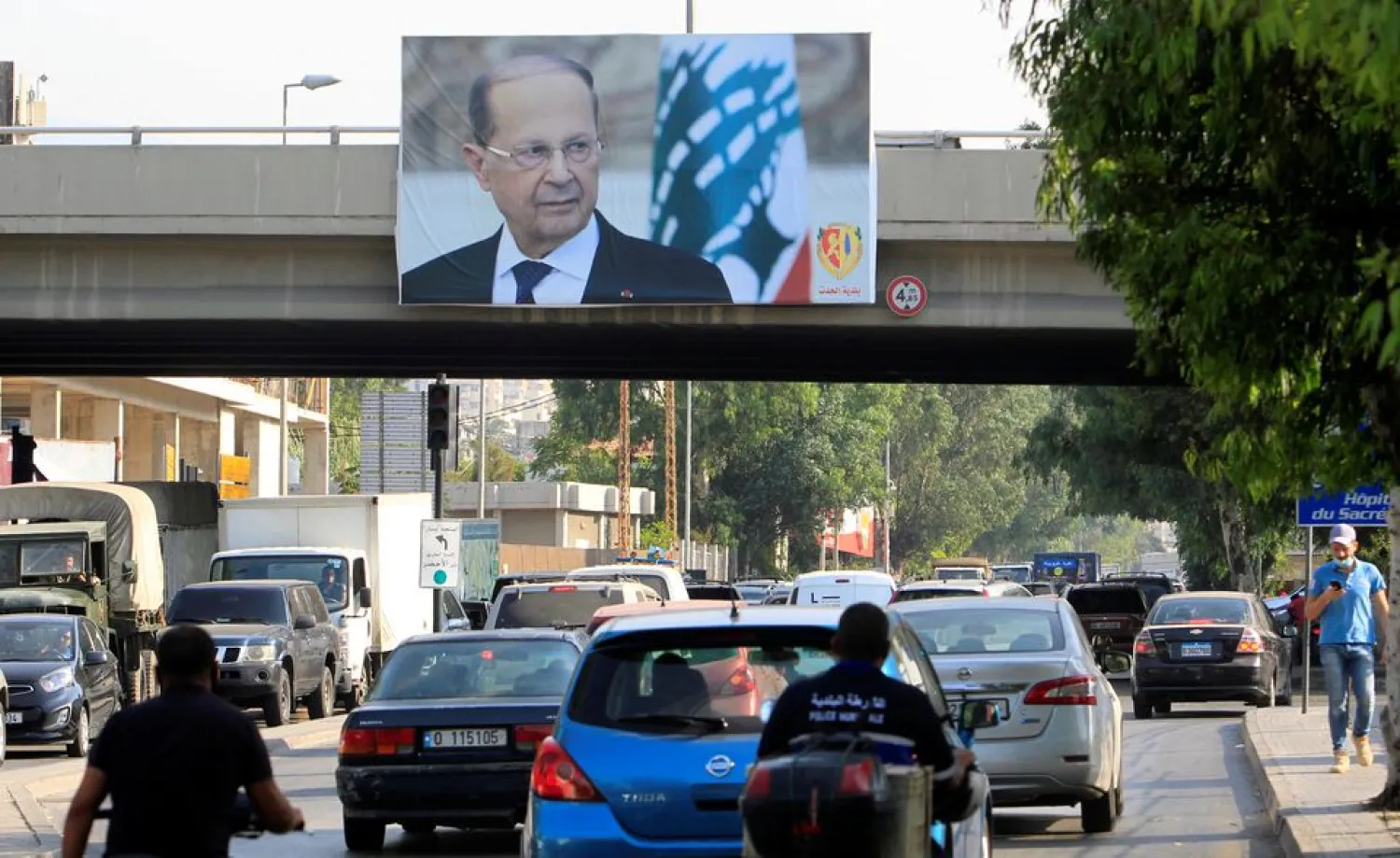A group of former leading members of Lebanese President Michel Aoun's Free Patriotic Movement (FPM) will wage the upcoming parliamentary elections in May as part of the opposition.
The former Aounists will join the forces of "revolution and change" and the opposition, believing they have major chances in achieving a breakthrough in several districts against the ruling authority, which the FPM is a main part of.
The FPM was founded by Aoun and is now headed by his son-in-law, former minister Gebran Bassil.
Cracks within the FPM first started to emerge in 2013 and came to a head in 2015 before the election of the president of the movement. Bassil's opponents said at the time that pressure was exerted on would-be candidates to stand down and allow him to be elected, which is what happened. Rather than being elected in a democratic process, they believe Bassil was effectively "appointed" to his post.
Moreover, they have asserted that ever since he assumed his role, he has worked on eliminating his opponents, who are commonly known as "veterans and founders" of the FPM, and sought to give a more prominent role to influential businessmen, especially when it came to parliamentary elections and naming ministers to cabinet.
Indeed, a large number of the ensuing lawmakers and ministers, who have been named in recent governments, are new members of the FPM and had up until recently been members of other parties.
Since 2013, several of the founding members of the FPM have been sacked for violating the party's decisions. Others joined them by resigning in protest against FPM policies under Bassil.
The "Aounist opposition" is now seeking to run in electoral districts in Baabda, Aley, al-Metn, Keserouan - Jbeil, al-Koura, Jezzine, Akkar and Zahle. Former Aounists will either run in the elections themselves or throw their support behind candidates.
Among the nominees are Aoun's nephew, Naim Aoun, who is a founder of the FPM, as well as former leading members Ramzi Kanj, Tanious Hobeika, Toufik Salloum and Toni Abi Akl. Antoine Nasrallah has yet to decide whether he will run.
They believe they will be waging an electoral battle to achieve real change in Lebanon.
Naim Aoun told Asharq Al-Awsat that the former Aounists have been preparing for this year's elections since 2018, when the last polls were held.
"We realized back then that the entire country was facing an existential threat and the ensuing developments proved our point and motivated us to press on with our plans," he stressed.
He blamed the current political class for the crisis in Lebanon, while acknowledging that foreign meddling also played a part.
"We are seeking to address the causes of the crisis, not its symptoms," he vowed.
Kanj said the current battle is being waged against the political class.
The FPM is partially responsible for Lebanon's collapse because it is part of the political class, he told Asharq Al-Awsat.
He remarked that the movement recently started to shoulder the majority of the blame because it boasts the largest parliamentary bloc through its various alliances and because Michel Aoun is president.
"The problem in Lebanon is not technical, rather it is related to political will," he went on to say.
Kanj explained that the problem is that numbers mean nothing in Lebanon where the ruling authority is comprised of minority groups that have united with each other. In other words, a bloc of 20 MPs or more is enough to achieve the desired change if it has the necessary foreign support, and most importantly, internal will.
The situation in the country is no longer sustainable, he stressed.
For his part, Nasrallah said the opponents of the FPM are counting on the votes of people who have grown disgruntled of its policies.
They include people who did not vote in the last elections or voted for the FPM because there was no other alternative, he explained to Asharq Al-Awsat.
The former Aounists will nominate people who adhere to the FPM's belief in "sovereignty and a strong state" that is not partnered with those who wield illegal weapons.
"We will provide alternatives to those who no longer believe in the FPM leadership," he revealed.
In 2018, former Aounists Bassam al-Hashem and Ziad Abas ran in the elections, but they both lost.









